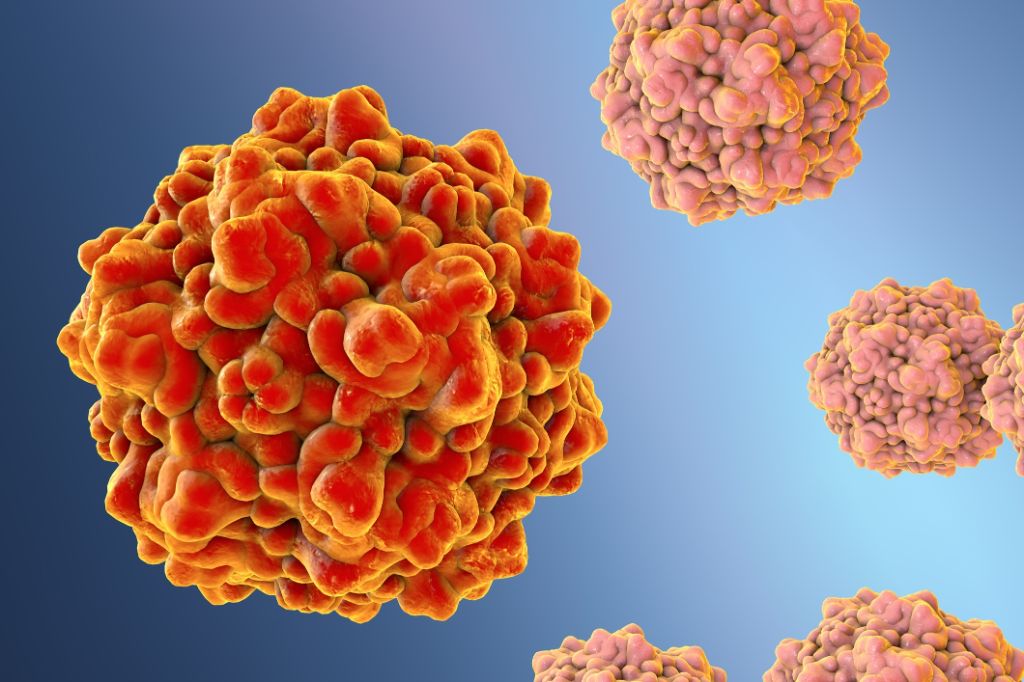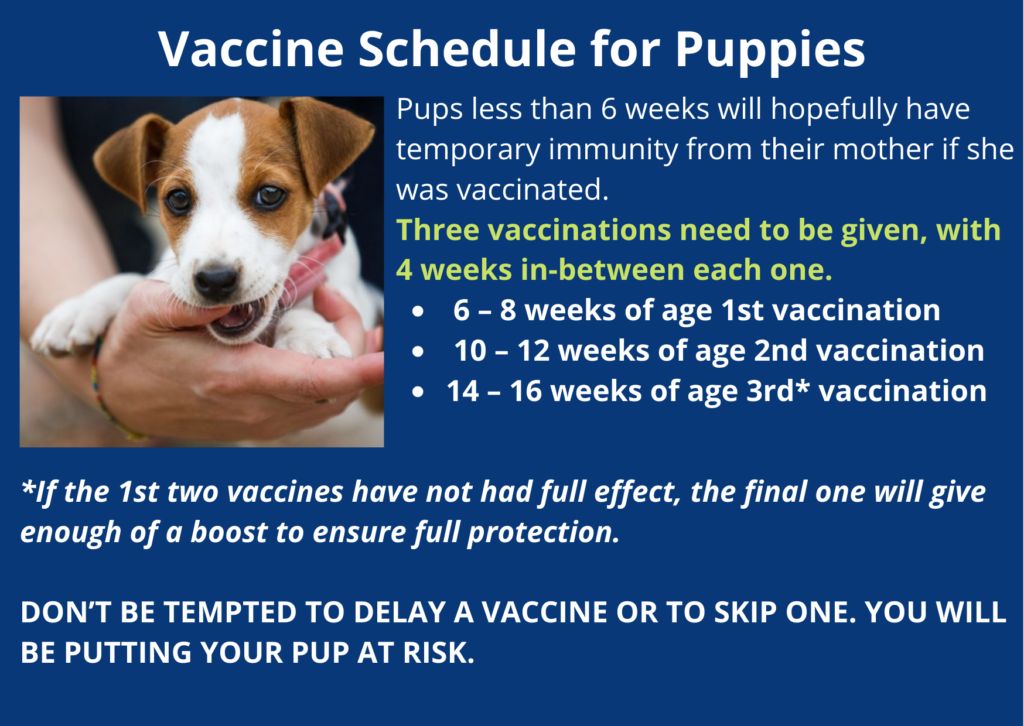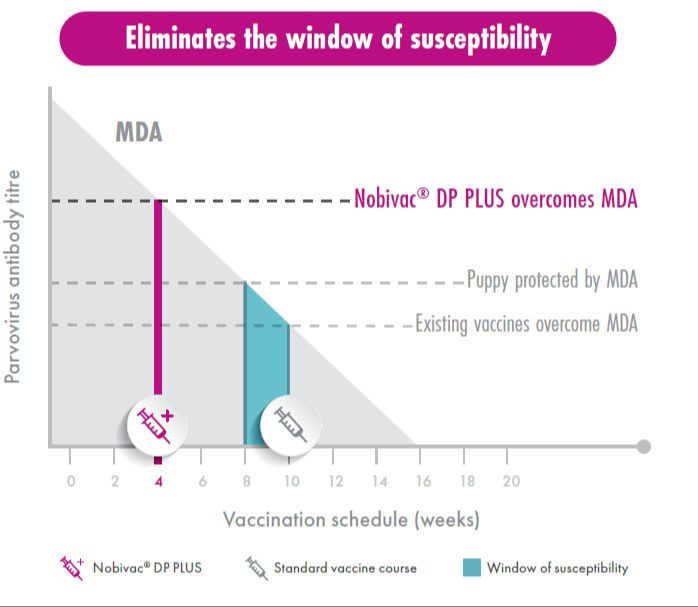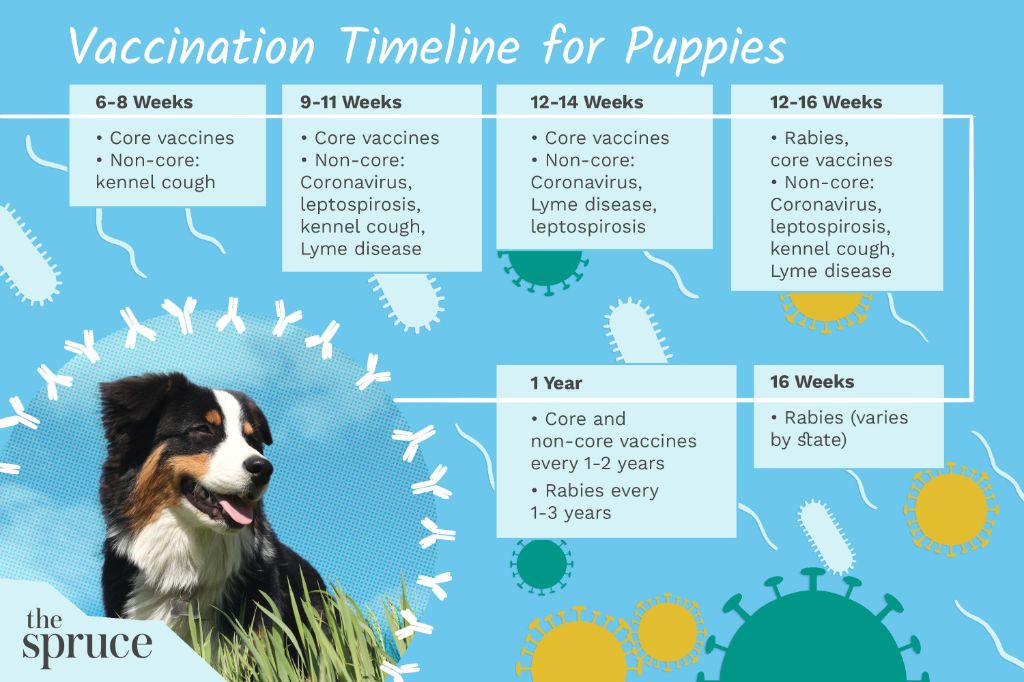Introduction
Canine parvovirus (CPV) is a highly contagious viral disease that affects dogs. CPV spreads through direct contact with an infected dog or contact with contaminated feces, environments, or people. Understanding the age at which puppies can be protected against CPV through vaccination is critical for preventing this dangerous disease that has a high mortality rate in very young puppies.
CPV causes severe vomiting, diarrhea, and lethargy in dogs. It has a high morbidity and mortality rate, especially in puppies under 4 months old who have not completed their vaccination series. According to the American Veterinary Medical Association (AVMA), mortality rates for CPV can reach 91% in untreated puppies. This makes CPV vaccination a very important part of responsible puppy ownership and prevention.
How Parvo Spreads

Canine parvovirus is highly contagious and spreads through contact with infected dogs or environments contaminated with the virus. Parvo is spread through contact with infected feces. The virus can be spread directly when an uninfected dog comes into contact with the feces or vomit of an infected dog. Indirect spread can also occur when the virus comes into contact with a dog’s nose or mouth after contaminating the dog’s environment, food or water bowls, collar or leash, or the hands or clothing of people handling an infected dog.
According to the AVMA, the parvo virus is very resistant to heat and disinfectants, allowing it to persist in the environment for long periods of time. The virus can survive for months or even years in a contaminated environment. Dogs that come into infected kennels, veterinary clinics, show grounds and other environments with high traffic of dogs are at high risk of contracting parvo if they are not properly vaccinated.
What Are the Symptoms
The most common symptoms of canine parvovirus include:
- Vomiting – Dogs with parvo often experience severe, persistent vomiting that can lead to dehydration.
- Diarrhea – Parvo usually causes bloody, watery diarrhea in dogs. The diarrhea can be severe and lead to dangerous dehydration.
- Lethargy – Dogs with parvo tend to become extremely lethargic and weak as the virus attacks the gastrointestinal system.
- Fever – An elevated body temperature or fever is another common symptom of canine parvovirus.
According to the AVMA, the signs of canine parvovirus include “lethargy; loss of appetite; vomiting; severe, often bloody, diarrhea; abdominal pain and bloating; [and] fever or low body temperature.” https://www.avma.org/resources-tools/pet-owners/petcare/canine-parvovirus
These gastrointestinal symptoms can become severe within a few days, so prompt veterinary attention is essential for dogs showing these signs of parvo.
Most at Risk
Puppies between 6-20 weeks old are the most susceptible to parvovirus infection. During this age window, puppies still have maternal antibodies from their mother’s milk that can interfere with vaccination, but antibody levels have dropped low enough that they may not fully protect against infection.

Unvaccinated dogs of any age are also at high risk. While puppies are most likely to suffer severe disease and death from parvo, studies show that cases in adult dogs are on the rise. One study found that up to 20% of diagnosed cases were adult dogs over 1 year old. Certain breeds like Rottweilers, Doberman Pinschers, and English Springer Spaniels appear to have higher risk as well.
The parvovirus is extremely contagious and can be transmitted through contact with infected feces. Unvaccinated dogs allowed in public spaces like dog parks and trails are at high risk of exposure.
Parvo Vaccination Protocol
The parvo vaccination protocol starts when puppies are 6-8 weeks old. The first dose of parvo vaccine is typically given as part of a combination vaccine, often called a 5-in-1 or 6-in-1 vaccine, that helps protect against parvovirus, distemper, adenovirus hepatitis, and parainfluenza. According to the American Kennel Club, the initial vaccination schedule is:
6-8 weeks: First parvo/distemper/adenovirus/parainfluenza vaccine
10-12 weeks: Second parvo/distemper/adenovirus/parainfluenza vaccine
14-16 weeks: Third parvo/distemper/adenovirus/parainfluenza vaccine
Some vets may recommend an additional booster at 18-20 weeks if parvo risk is high. It’s crucial to follow this vaccination schedule as the antibodies received from the mother decline and puppies become susceptible to parvo (AKC). Starting the vaccine series at 6 weeks provides protection as immunity develops.
Maternal Antibodies Interference
Puppies acquire protective antibodies against diseases like parvo from the immunity of their mother. These maternal antibodies are passed to puppies in utero through the placenta and in the first days of life through the colostrum or first milk.1 Maternal antibodies provide passive immunity that protects puppies against parvo infection in the first weeks of life when their immune systems are still immature.

However, these same maternal antibodies can also interfere with a puppy’s ability to develop immunity from vaccination against parvo. The maternal antibodies can bind to the vaccine antigens, preventing the puppy’s own immune system from recognizing and mounting a response against them.2 This maternal antibody interference is a major cause of vaccination failure in young puppies against parvo.
The level of maternal antibodies in each puppy varies depending on the immunity of the mother. Puppies with higher levels of maternal antibodies are more likely to have interference with response to vaccination.
Completing the Series
The parvo vaccination series is typically completed around 16-20 weeks of age. Puppies receive a series of 3-4 vaccines, with the final dose being given at this time. This final vaccine provides full protection against parvo once complete antibodies have formed, which takes 7-10 days.

According to the AKC, the typical parvo vaccine schedule is:
- 6-8 weeks – First parvo vaccine
- 10-12 weeks – Second parvo vaccine
- 14-16 weeks – Third parvo vaccine
- 16-20 weeks – Final parvo vaccine for series completion
Some vets may recommend slight variations, such as starting at 8 weeks or waiting until 12 weeks for the final dose. But the series is considered complete around 4-5 months or 16-20 weeks of age.
Until the series is finished, puppies remain at risk. But once the last shot is given, they can be considered fully protected against parvo infection (source: AKC).
Lifelong Immunity
Parvo vaccines provide dogs with lifelong immunity against the parvovirus. According to experts, in most properly vaccinated dogs, the immunity from parvo vaccines should last more than one year, and often several years or even for life (VCA Animal Hospitals). Parvo is boostered one year after the last of the puppy series, then every three years after that to protect adult dogs (What You Need to Know About the Parvo Vaccine). This lifelong immunity means that after receiving the full series of parvo vaccinations as a puppy and the one year booster, adult dogs are protected against parvo and do not need to continue receiving parvo vaccinations annually. Their immune systems have built up long-term immunity against the parvovirus from the initial series of vaccinations.
In summary, parvo vaccines provide lifelong protection for dogs after receiving the initial series as puppies and a one year booster. Adult dogs do not need to receive parvo boosters annually to remain immune. Their immune systems have developed antibodies that provide lifelong immunity against the parvovirus.
Prevention
The most important way to prevent parvovirus is through vaccination. Puppies should receive their first parvovirus vaccine at 6-8 weeks of age, with booster shots every 2-4 weeks until they are 16-20 weeks old to develop sufficient immunity (Bettervet, 2023). Adult dogs that completed their puppy series should receive yearly booster vaccinations to maintain immunity (Bettervet, 2023).
In addition to vaccination, limiting exposure to infected feces can help prevent parvovirus spread. Bleach solutions at a 1:30 ratio can disinfect contaminated areas and kill parvovirus in the environment (Onehealth 2021). Avoiding dog parks, shelters, and other high traffic areas can also reduce risk of exposure in unvaccinated puppies.
Lastly, proper hygiene like handwashing after touching unknown dogs and cleaning kennels can prevent carrying parvovirus back home (Animal Foundation, 2018). Keeping a clean home environment free of feces buildup through daily poop scooping can also reduce virus sources.
When Dogs are Protected
After a puppy completes their full series of parvo vaccinations between 16-20 weeks of age, they are considered protected against the parvovirus and have lifelong immunity. The initial series consists of a dose administered at 6-8 weeks, 10-12 weeks, and 14-16 weeks of age (AKC). Some veterinarians recommend an additional booster at 18-20 weeks old.
Once the series is complete, the puppy should have sufficient immunity to prevent infection. While maternal antibodies from the mother’s milk can provide some early protection, they also interfere with vaccination, so puppies are still vulnerable until they complete the series (Cornell University).
After 20 weeks of age, adult dogs are considered protected against parvo for life. Annual boosters are no longer recommended except in high-risk environments (Kirrawee Veterinary Hospital). Maintaining proper precautions and prevention methods are still essential to avoid exposure.